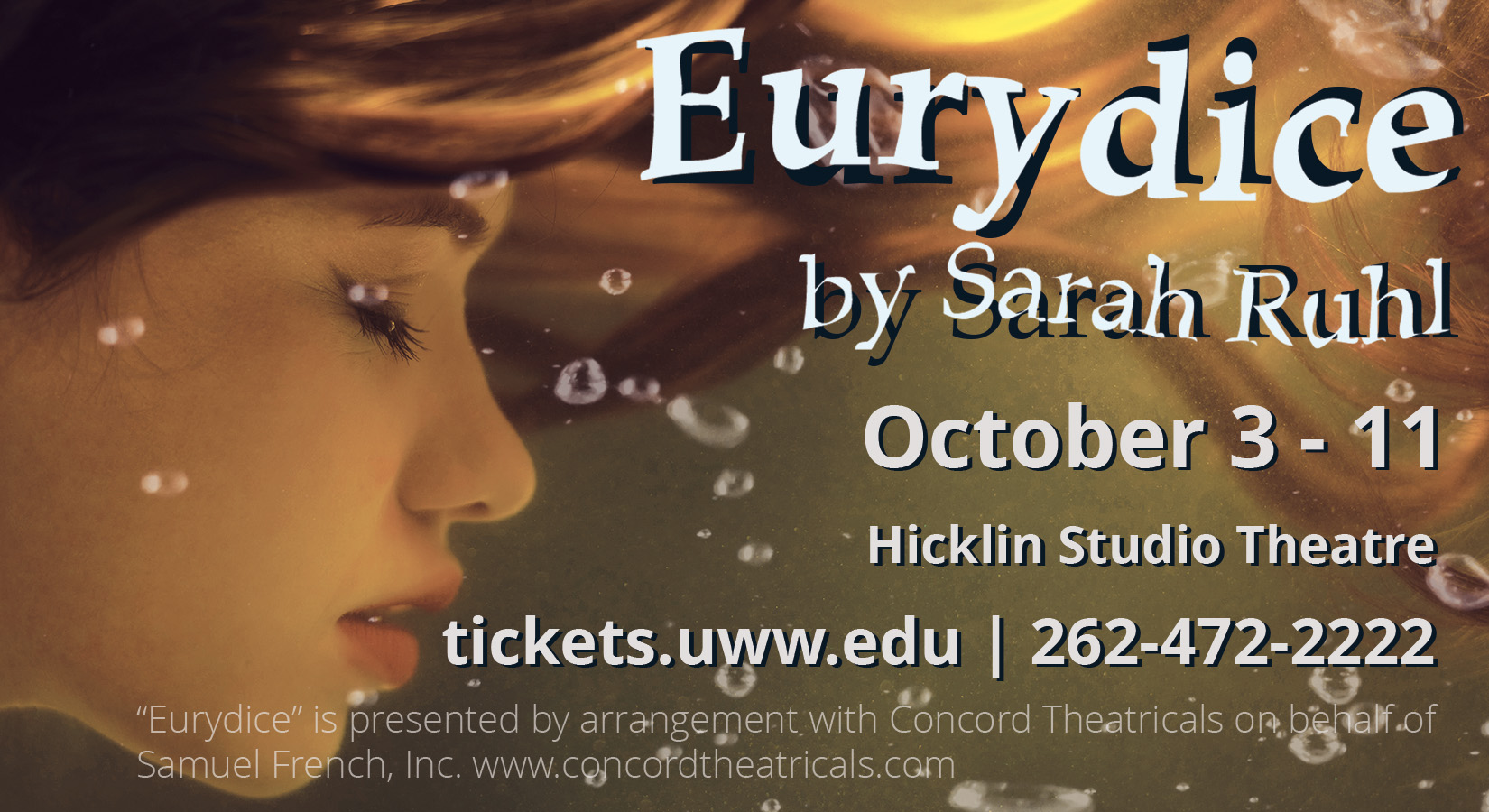Music in the movies
Professor shares his experiences creating film scoes
November 5, 2018
Professor Jeff Herriott always has music on his mind.
The University of Wisconsin – Whitewater’s music department professor has had the honor of creating music scores for movies.
“In ‘Bone Tomahawk,’ there is a little bit of score, mostly string quartet, as well as moody soundscapes for a few sections,” Herriott said.
While Herriott did the score for “Bone Tomahawk,” he scored two other films titled “Brawl in Cell Block 99” and “Dragged Across Concrete.”
The first film professor Herriott scored music for was called “Bone Tomahawk,” a small-budget film done by a long-time friend named Craig Zahler whom Herriott had been making music with for over 20 years.
“His musical skills and mine are quite different, but complementary so it made sense for us to work together,” said Herriott, who after meeting with director Zahler in New York came back to Wisconsin to notate and record everything.
Some of the music in “Brawl in Cell Block 99” and “Dragged Across Concrete” was R&B with soul and jazz influences.
Herriott also talked “temp music” and how it is pre-existing music of the same style that film makers would place in the film before there was actual music. Temp music allows producers to adjust and edit the music in.
“If they screened the film without any music and then placed music in later, it would dramatically impact the pacing,” Herriott said.
He was able to give suggestions about what temp music might be good spots for “Bone Tomahawk.”
“It was interesting to see how the sections functioned differently with that temp music versus the original music we wrote,” Herriott said.
Love of Music
Herriott has been living out his music career and love for music since he was a kid. He began playing piano as a kid and grew up to love composer Igor Stravinsky.
“It was the discovery of his piece ‘Rite of Spring’ while I was in high school that got me thinking about writing my own music,” Herriott said.
Discovering Igor Stravinsky pushed Herriott to want to learn more about music theory and how music is put together. These experiences encouraged him to take composition classes in college.
Herriott has learned a lot of his music experience within the film industry, and he now takes what he has learned to teach his students at UW-Whitewater.“The most obvious example is for my Sound and Image class, which is in large part about film music,” Herriott said.
Herriott is looking forward to future music opportunities. Zahler just finished up his latest movie and is taking a break, but Herriott has not stopped working on music.
“I just finished up a piece for saxophone and electronics,” Herriott said.
He will soon begin commission on new piano work that will premiere next summer at a conference of the Midwest Chapter or the American Guild of Organists.













